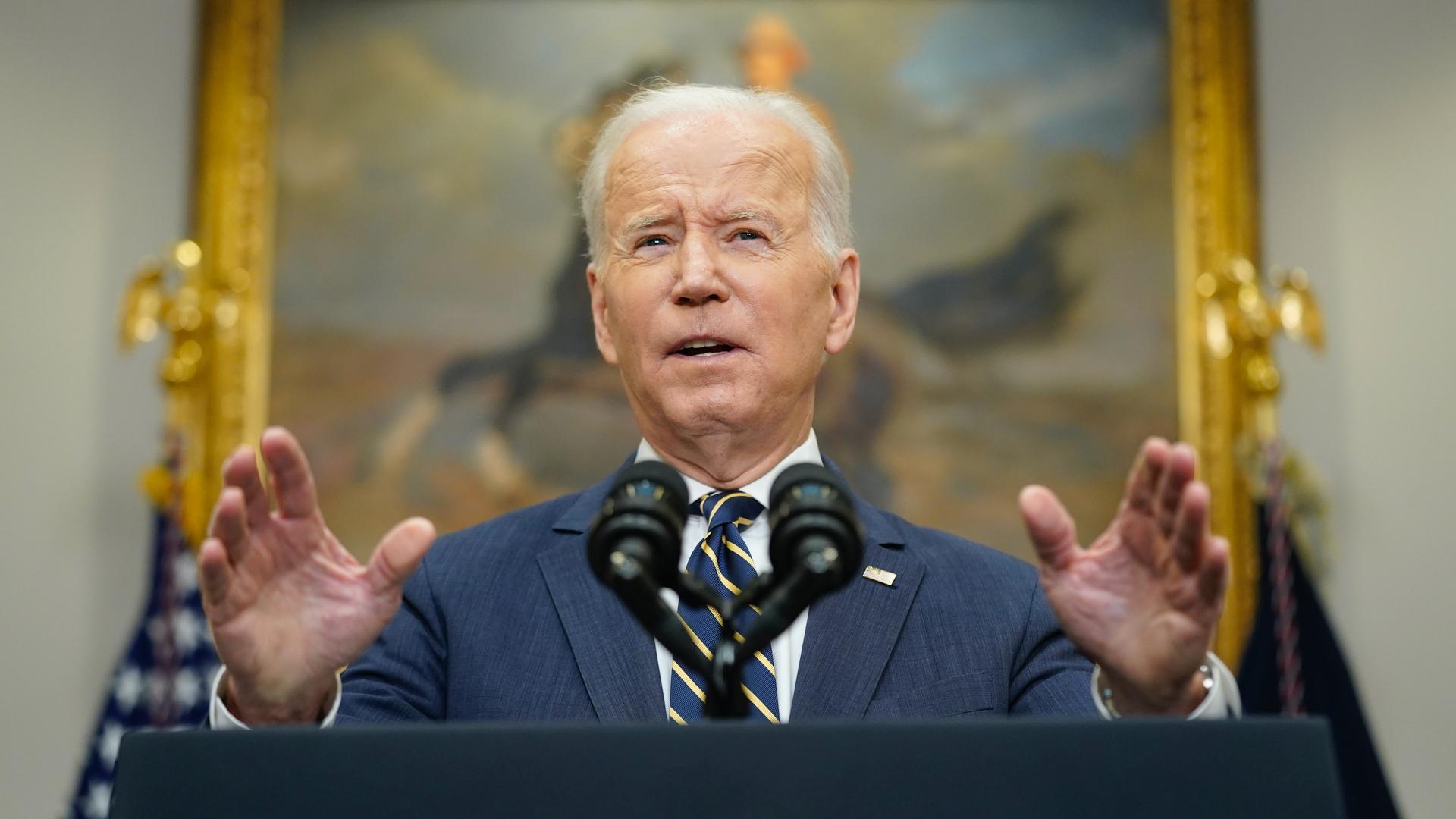When Russia invaded Ukraine, President Joe Biden said the US would hit the Kremlin where it hurts economically.
“We’re also taking a further step of banning imports of goods from several signature sectors of the Russian economy, including seafoods, vodka and diamonds,” Biden said.
Russia’s leading diamond company — Alrosa — is worth billions of dollars. It accounts for more than 90% of Russia’s diamond production.
A 2019 ad claims that 1 in 4 diamonds on the global market are extracted by Alrosa. But now, some countries are pushing to redefine the status of these precious Russian gems.
This week, meetings are taking place in Botswana to determine the status of Russian diamonds.
Ukraine is one of the countries that wants Russian gems to be officially branded as “conflict diamonds.”
But doing that would require all nations involved in the Kimberley Process Certification Scheme to reach a consensus, which was aimed at curbing trade in conflict diamonds, according to Martin Rapaport, a top diamond broker and influential voice in the industry.
Blood diamonds were a devastating part of the civil war in Sierra Leone — they were used to finance brutal violence, he explained: “The Kimberley Process was created with a specific purpose of to stop the war in Sierra Leone, which was a terrible war, it succeeded.”
“It involved the cooperation of governments, NGOs, and trade, and at the time it was a very good idea; it did work, I myself was in Kimberley, at the first meetings.”
Those meetings took place in Kimberley, South Africa. But now, Rapaport said, the process is falling short.
“The problem with the Kimberley Process is that while it is a process of trying to get governments to cooperate on insuring the legitimacy of the diamond industry, it does not deal with human rights; it has been held up as if it deals with human rights, and this misrepresentation and greenwashing is a fundamental problem.”
Also, Russia is one of the countries that was involved in the Kimberley Process and it’s unlikely to agree to a consensus. But the fact remains, Russian diamonds are still under US sanctions.
Roman Malayev is the CEO of Forever Diamonds, a family-owned jewelry business in New York City’s Diamond District.
“It’s important to be able to have guidelines to make sure that everything is ethically sourced, you want to work with manufacturers and suppliers that who follow the Kimberly act, and if you’re big enough of a company, you’re not risking your reputation in trying to do things that are not legit.”
Malayev said it’s difficult to track the origins of diamonds — they pass through many hands before they end up on display at a jewelry store.
“I don’t know how much of the retail side is concerned with origin; if there was more request for it from the consumers, then, I think that [enough] retailers can persuade the manufacturers to further that origin process.”
Malayev said that some companies, like Tiffany, are already moving in that direction.
Ultimately though, consumers — the people shelling out big bucks for diamonds — will be the ones driving this process.
“And the key factor here is going to be that society gets the level of social responsibility they’re willing to pay for, no more, no less,” Rapaport said.
Our coverage reaches millions each week, but only a small fraction of listeners contribute to sustain our program. We still need 224 more people to donate $100 or $10/monthly to unlock our $67,000 match. Will you help us get there today?
